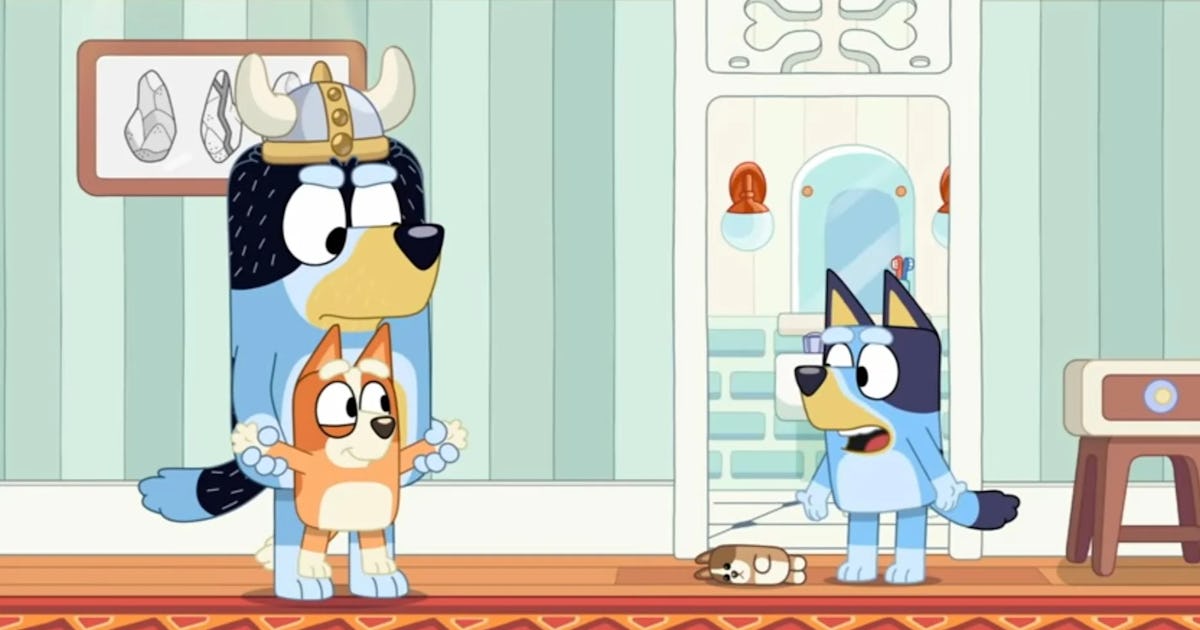When your child has a disability or developmental disability, the first step in intervention is to start building a team of experts to support them. What the team looks like will vary depending on the child and their specific needs. For example, my daughter has autism and her care team currently includes a special education teacher, an occupational/feeding therapist, and a developmental pediatrician.
Building this support team is not easy. It took us many years to get here, and unfortunately, our experience is not unique. Struggles with insurance, extensive eligibility evaluations, and finding providers with that elusive combination of scheduling availability and It’s very difficult for your children to connect with who they are. Coupled with a critical shortage of developmental pediatricians, many children are unable to receive the support they need as they move through critical developmental windows each month.
Each of these specialists has developed a unique relationship with my daughter and we have seen positive growth in her since she began working with them. Her feeding therapist sees her weekly and she shares our celebrations with true joy when we report that she has tried a new food. Her special education teacher works with her several times a week to help her develop social and emotional skills and then shares her progress with my husband and I who otherwise wouldn’t know because we can’t see it for ourselves.
However, her developmental pediatrician has been MVP because of her extensive education and training in child behavior and development. Her expertise allowed her to advocate for my daughter with an authority I could not. She knew what codes to put in my daughter’s chart to ensure insurance would cover the ongoing costs of certain treatments, and she didn’t hesitate when my husband and I asked her questions about our daughter’s Individualized Education Plan Get involved. She has been invaluable in helping us navigate the complexities of raising an autistic child and she tells my husband and I at every check-in appointment that we are doing a great job – it is such a relief recognition.
I’m reminded of how lucky we are that in about four weeks we learned that my daughter’s special education teacher would be moving to a new state and her occupational/feeding therapist would be transitioning from private practice to the school system ( But not at our daughter’s school), her developmental pediatrician is retiring.
In a letter to the patient, the developmental pediatrician told us that there was no one else in her practice to whom the patient’s care could be transferred to her. She explained that despite searching for the past four years, the group has not been successful in finding another developmental pediatrician to complement the practice. When we messaged our general pediatrician asking for a referral, even saying we were willing to drive a few hours if necessary, she wrote back with heartbreaking news: There was no one else.
And, unlike many rural Americans, we don’t live in a medical desert. We live only 30 to 40 minutes from Duke University and UNC-Chapel Hill, both of which have amazing medical programs covering a seemingly endless number of majors, but due to demand, they only accept A patient’s daughter who has higher support needs than I do.
The American Academy of Pediatrics (AAP) estimates that by 2023, there will be one developmental pediatrician for every 100,000 U.S. children, and future projections suggest this shortage won’t end anytime soon. At the same time, the specialty’s need for more providers continues to grow: According to the American Academy of Pediatrics (AAP), the overall incidence of neurodevelopmental disorders in children increased 5 percent between 1997 and 2017. Especially with the huge increase in the number of kids like my daughter being diagnosed with autism. Over a 20-year period, autism diagnoses increased from 1 in 150 children in 2000 to 1 in 36 children in 2023.
Of course, we like and trust our daughter’s primary care doctor. She has experience working with children on the autism spectrum and I have no doubt she is knowledgeable, but she is not an expert. Autism is complex and no two children are exactly the same. My daughter has low support needs, but this label is based on outdated assessment methods that focus more on how autism appears to those around her than taking into account everything going on internally. Versatility doesn’t give me the same confidence that she won’t be eliminated.
Fortunately for us, a replacement special education teacher has been placed at the school and a new occupational therapist will be joining our practice over the next few months, but it will take time to build a trusting relationship again. I know this will happen gradually and in a year I hope we will be back to a place where we feel confident in the support we are providing our daughter.
Still, there’s no getting away from the reality that her developmental pediatrician will not be replaced for the foreseeable future, and I can’t help but worry about what this loss will mean for her future.
Ashley Ziegler is a freelance writer who lives outside of Raleigh, North Carolina, with her two young daughters and husband. She has written on a range of topics throughout her career, but particularly enjoys covering all things pregnancy, parenting, lifestyle, advocacy and maternal health.




